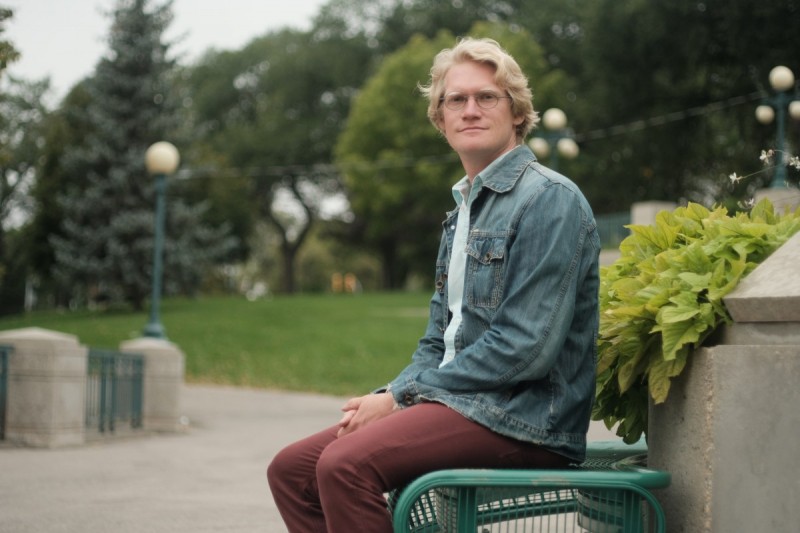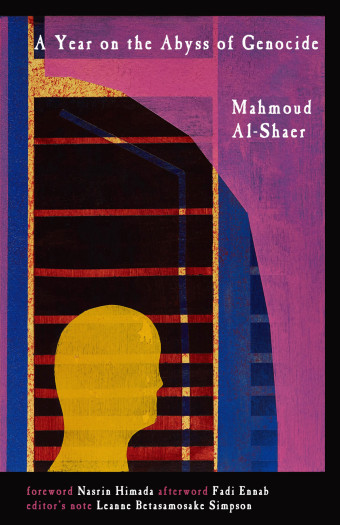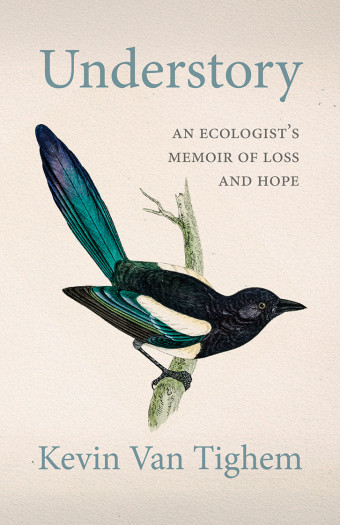In these days of change and unrest, complex questions have risen to the fore of our social narratives. With The Temple at the End of the Universe: A Search for Spirituality in the Anthropocene, Josiah Neufeld adopts the role of both a thoughtful guide and a humble companion as he helps readers explore one of the most pressing issues of all.

- The Temple at the End of the Universe
- Josiah Neufeld
- House of Anansi Press Inc
- $24.99 Paperback, 240 pages
- ISBN: 978-14-87010-63-8
That is, in his words, “how humans can learn a different way of living in relationship to the ecosystems and life cycles and species with whom we co-exist.” For Neufeld, these relationships can only be understood in the context of his ongoing spiritual and social justice work.
Winnipeg-based Neufeld has written award-winning articles and essays for such publications as the Walrus, Hazlitt, and the Globe and Mail. “A book seemed like a natural next step,” he says.
His plan was to write essays exploring how issues of spirituality, climate change, and social justice intersect with our everyday lives, and to tie them together with a narrative. “I knew that the connecting thread would be my own experience,” he says.
Neufeld’s experience includes both physical and spiritual journeys. In The Temple at the End of the Universe, he writes about his childhood in Burkina Faso with his Christian missionary parents. He recounts perspective-shattering experiences with Wet’suwet’en land defenders at the Unist’ot’en Healing Centre and Coyote Camp, where he was at all times mindful of his colonial context.
“I tried to take the posture of a guest in someone else’s house. I learned about their story and their work before I went,” he says.
Neufeld pursues the link between spirituality and environmental justice as he travels to visit the Wild Church Network in Wisconsin, Hildegard House in Minnesota, and the community of St. Peter’s in Detroit. Finally, he goes to the Sonoran Desert in Arizona, where he spends three days fasting in the wilderness and facing his fear and grief.
“It’s important to acknowledge and make room for hard emotions,” he says. “It’s okay for us to feel those emotions, to let them flow through us, but not be dominated by them.”

These intersections – fear and empowerment, spirit and environment, justice and transformation – shine through on every page of his book. They are often complex; as Neufeld points out, “A lot of traditional environmental work has been discriminatory. That’s why it’s so important to include a justice lens in climate and environmental work.”
To which he adds a spiritual lens, which both empowers and consoles him in this difficult work. “I think spiritual work is a process of both learning to hold on more fiercely and, paradoxically, of learning to let go,” he says.
Neufeld is clearly comfortable working within the context of paradox, and through a narrative at once deeply personal and rigorously informative, he brings the reader right alongside. In so doing, he fulfills a fundamental tenet of both his writing and his own outlook, which is the importance of working, learning, and growing in community.
“The best thing,” he says, “is to get out and work collectively with other people, and to support each other emotionally and spiritually in the process.”













